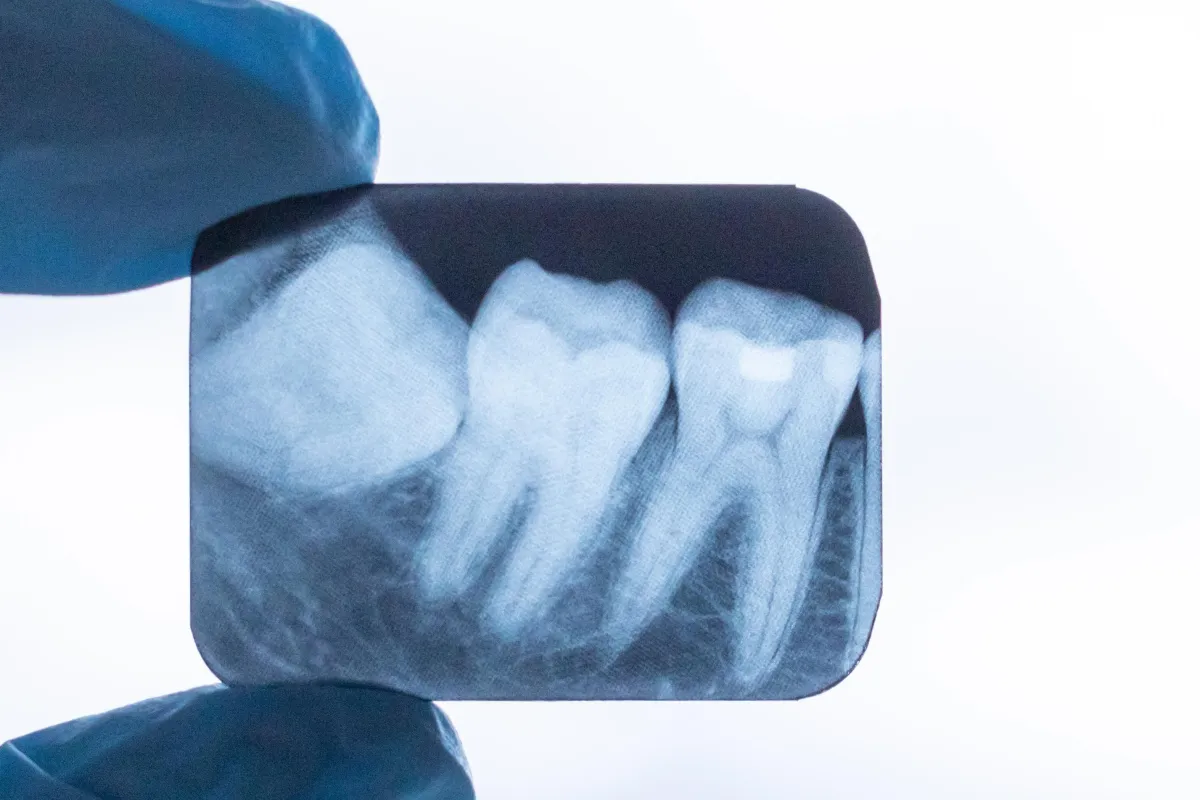
Understanding Wisdom Tooth Removal: A Guide To Tooth Extraction
Wisdom teeth, also known as third molars, are the last set of molars to erupt. Often, the jaw may not be large enough to accommodate these additional teeth, resulting in the need to remove them.
What Are Wisdom Teeth and Why Do They Need to Be Removed?
Explanation of wisdom teeth
Wisdom teeth are the final set of molars that typically emerge between the ages of 17 and 25. These teeth may not have enough room to grow properly in the mouth, leading to various dental issues.
Reasons for wisdom teeth removal
The need to remove your wisdom teeth arises due to various factors such as impaction, overcrowding, or risk of infection and decay.
Impacted wisdom teeth and their impact
Impacted wisdom teeth may grow at an angle, causing pain, alignment issues, and potential damage to nearby teeth and gums.
Gum disease and wisdom teeth
Having wisdom teeth may increase the risk of gum disease and infections due to difficulties in cleaning these hard-to-reach areas.
Age considerations for third molar removal
Dentists may recommend wisdom teeth extraction at an early age to prevent potential complications and ensure optimal healing.
What Does the Wisdom Teeth Removal Process Involve?
Oral surgeon vs. dentist for wisdom teeth removal
The extraction of wisdom teeth can be performed by a dentist or an oral surgeon, depending on the complexity of the procedure.
Anesthesia options for wisdom teeth extraction
Anesthesia options range from local anesthetic to general anesthesia, ensuring patients are comfortable during the extraction.
Extraction procedure and recovery
The tooth may be numb during the extraction process, and post-surgery, the socket is usually covered with gauze to aid in clot formation.
X-ray and other diagnostic procedures
X-rays and diagnostic tests are conducted to assess the position of the wisdom teeth and plan the extraction process accordingly.
Post-extraction care and common complications
Post-extraction care includes following a prescribed diet, oral hygiene regimen, and watching for potential complications such as dry socket.
How Much Does Wisdom Teeth Removal Cost and How to Prepare for it?
Cost factors for wisdom teeth removal
The cost of wisdom teeth removal is influenced by factors like the type of anesthesia, complexity of the extraction, and post-operative care requirements.
Insurance coverage for wisdom teeth extraction
Insurance coverage for wisdom teeth removal varies, and patients should check with their provider to understand the extent of their coverage.
Preparation steps before wisdom teeth removal
Preparation involves understanding the procedure, arranging for transportation, and following guidelines on fasting before surgery.
What to expect on the day of extraction
On the day of extraction, patients can anticipate sedation, the surgical procedure, and post-operative instructions for care at home.
Post-extraction diet and oral care
After extraction, patients are advised to follow a soft diet and maintain good oral hygiene to aid in the healing process.
What Are the Risks and Benefits of Wisdom Teeth Extraction?
Potential risks and complications of wisdom teeth removal
Potential risks include nerve damage, dry socket, and infection, while the benefits encompass alleviating pain and preventing future dental problems.
Wisdom teeth removal benefits for oral health
Extraction of wisdom teeth contributes to improved oral health by reducing the risk of crowding, misalignment, and oral infections.
Impact of wisdom teeth removal on adjacent teeth
Removing impacted wisdom teeth prevents potential damage to adjacent teeth as well as the surrounding gum tissue.
Long-term effects of leaving wisdom teeth untreated
Leaving wisdom teeth untreated increases the likelihood of dental complications such as crowding and impaction.
Wisdom teeth removal and facial appearance
Removing wisdom teeth does not typically impact facial appearance, as these teeth do not play a significant role in facial aesthetics.
Consulting with a Dentist or Oral Surgeon for Wisdom Teeth Removal
Indications for consulting a dentist or oral surgeon
Consultation is necessary to evaluate the need for wisdom teeth removal, especially in cases of impaction, infection, or crowding.
Evaluating the need for wisdom teeth removal
Dental professionals assess the necessity of extraction based on an individual's dental health, potential risks, and the presence of symptoms.
Choosing the right dental professional for wisdom teeth extraction
Based on the complexity of the case, patients may be referred to an oral surgeon for specialized extraction or undergo the procedure with their regular dentist.
Importance of regular check-ups after wisdom teeth removal
Regular follow-up appointments ensure the proper healing of extraction sites and the overall oral health of the patient.
Maxillofacial surgery and specialized wisdom teeth removal cases
In complex cases, maxillofacial surgeons may handle specialized wisdom teeth extractions that require additional expertise and resources.
